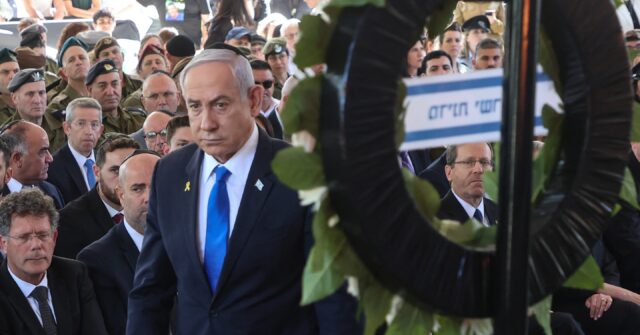On October 27, 2023, Israel commemorated the tragic anniversary of the October 7 terror attacks that prompted a subsequent military response against Hamas and other Iran-backed entities. The conflict has seen Israel achieve significant military success, effectively dismantling Hamas, which was responsible for the attacks, and striking formidable blows against Hezbollah in Lebanon, traditionally considered a stronger militant force. Additionally, Israel addressed threats posed by the Houthi rebels in Yemen through retaliatory strikes, and most recently, it has launched direct assaults on Iranian military installations. These actions illustrate a concerted, multi-front military strategy aimed at neutralizing perceived threats to Israel’s security from both local and regional actors.
Despite these military victories, a major and pressing issue remains unresolved: the fate of the 101 hostages still held by Hamas in Gaza. Complicating the situation is the grim reality that approximately one-third of these hostages are presumed dead. Israel’s military, notably the Israel Defense Forces (IDF), has managed to conduct some successful hostage rescues; however, the conflict saw tragic moments where the IDF mistakenly killed three hostages, underlining the complexities and risks involved in rescue operations. This failure has raised concerns within Israel about the methods and prospects of negotiating their release amid ongoing hostilities, fostering a grim atmosphere surrounding the broader conflict.
As discussions surrounding hostage negotiations unfold, it has become evident that Hamas remains intransigent, refusing to engage in talks even when offered measures that would guarantee the safe passage of civilians out of Gaza. Their demands, instead, revolve around the complete withdrawal of Israeli forces and the recognition of Hamas as the ruling authority in Gaza. This stance has created an impasse, as a significant segment of the Israeli population is unwilling to concede to such terms, viewing them as detrimental to national security and sovereignty. Conversely, a faction within Israel argues that any potential deal should prioritize the safe return of hostages, even if it comes at a high price.
The anniversary observance on October 27 bore a solemn character, with Prime Minister Benjamin Netanyahu participating in official remembrances while other gatherings took place in areas like Kibbutz Nir Oz, which had suffered immensely during the October attacks. This dual observation reflects the deep emotional scars inflicted upon Israeli society by the events of October 7, marking a day of remembrance intertwined with a recognition of the ongoing struggle over hostages. Until these individuals are recovered, a significant rift may persist within the Israeli social and political fabric, highlighting the complexity of balancing military objectives against humanitarian concerns.
As the situation evolves, the broader implications of hostages remaining in Gaza continue to pose challenges not only for Israel’s militaristic approach but also for its internal unity and public sentiment. The hostage crisis has sparked intense debates regarding the best strategies for negotiation and national security. Moreover, the uncertainty surrounding the hostages’ fates exacerbates fears among Israelis about future attacks, reflecting an overarching atmosphere of tension and insecurity stemming from prolonged conflict.
Amid all this turmoil, voices like that of Joel B. Pollak underscore the need for ongoing commentary and discourse to navigate these complicated realities. His writings and insights reflect the challenges of addressing the multifaceted issues encompassing the Israeli-Palestinian conflict and the broader geopolitical landscape marked by Iranian influence. The situation remains dynamic, with negotiations, military actions, and domestic sentiments all intertwined, promising a complex road ahead for Israel as it seeks resolution for both the hostages and the broader conflict with Hamas and its affiliates.

